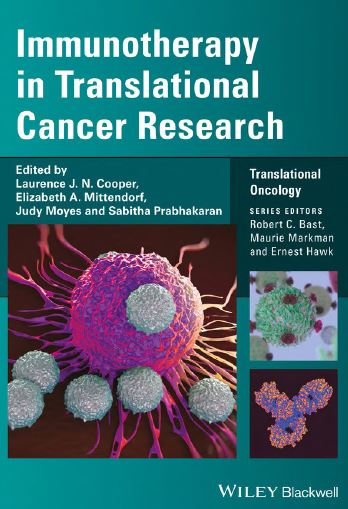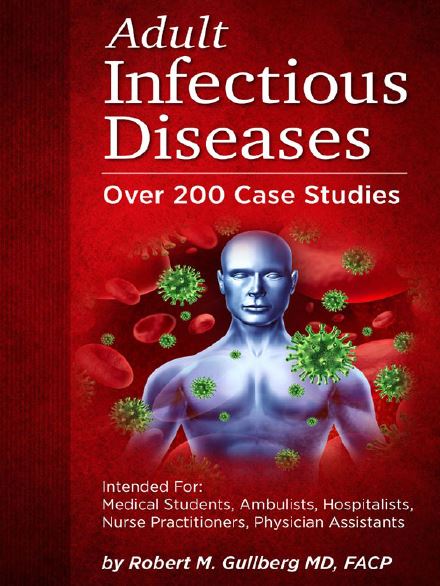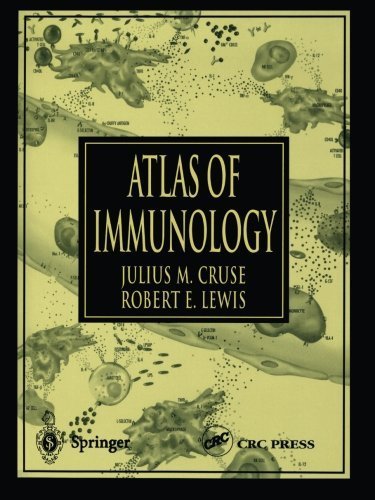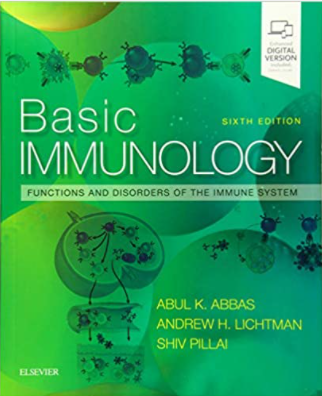Immunotherapy in Translational Cancer Research PDF download
We live and work in the age of immunotherapy. The modality is now firmly affixed to the triad of chemotherapy, radiation therapy, and surgery. This book captures the translation of immunology into therapies. The migration of bench research to bedside experimentation has been largely driven by academia and amplified by industry; however, in the current age, there is equipoise between the not‐ for‐profit and for‐profit enterprises regarding advancements in the human applications of immunotherapies. The breadth of treatments reflects the complexity of the immune system itself. The coordinated response of the multiple components of an endogenous immune response has generated a portfolio of immunotherapy options that are reflected in the names of the chapters. Not all chapters, though, are created equally. Some immunotherapies are just beginning their human experimentation and some are seasoned and perhaps even seen as out of vogue. Nevertheless, as a whole, these components of immune‐based therapies provide patients with therapeutic optimism and some with therapeutic impact. This book is a sum of its chapters and thus individual immunotherapies. What is not yet evident is how combinations of immune‐based therapies can be harnessed. This is undoubtedly needed in order to secure long‐term and complete treatment for the majority of malignancies, especially arising as solid tumors. The coordinated response of the endogenous immune system will be mirrored by the corradiated application of immunotherapies. However, that will be the topic of a future book. What is present and is remarkable, is that monotherapies based on harnessing the immune response have resulted in Lazarus‐type moments, are used to prevent cancer, and have provided responses in tumors that were previously considered untreatable. Immunotherapy as presently wielded is a relatively blunt tool. Yet the immune system is built on precision. Academics and industry investigators are only beginning to understand how to sharpen the therapeutic edge of an applied immune response. The proving ground is the human experience as preclinical models by and large do not yield sufficient information regarding efficacy and toxicity. Thus, immunotherapy practitioners and patients alike are risk takers. Together, they will advance the clinical application of the immune system so that its complexity can be harnessed as an instrument to treat cancer on an individualized basis.
More Info
Year:2018
Language:english
Pages:307
Series:Translational Oncology
File:PDF, 3.77 MB
Download
Socia Drive







